Powell warns US economic outlook still 'highly uncertain'
Federal Reserve Chairman Jerome Powell warns that the US’ economic outlook is still “highly uncertain,” saying the fate of the country’s economy depends on the progress of vaccination drives.
“There’s nothing more important to the economy than people getting vaccinated,” Powell told reporters during a virtual press conference on Wednesday following the Fed’s two-day policy meeting.
This comes as the new US administration is accelerating the national vaccination programs, pushing for 100 million shots in the first 100 days of President Joe Biden's presidency.
On Tuesday, Biden announced that his administration plans to boost the weekly supply of vaccines to states in the hope of vaccinating 300 million Americans by the end of the summer or early fall.
However, the experts and local officials seem to be pessimistic about Biden's plan, arguing that the supply of vaccines does not meet the demand.
Powell said, "A resurgence in recent months of Covid-19 cases, hospitalizations and deaths is causing great hardship for millions of Americans and weighing on economic activity and job creation."
And despite government spending programs that have helped support the economy, he said the country still needs to recover at least nine million jobs.
"Overall economic activity remains below its level before the pandemic, and the path ahead remains highly uncertain," Powell told reporters.
The unemployment rate rose from a near record low of 3.4% to nearly 15%, before ending at 6.7% in 2020.
However, "the real unemployment rate is close to 10%," Powell stated.
The US Labor Department is likely to report Thursday that 875,000 more people filed for state unemployment benefits last week, according to Reuters.
At the end of 2020, nearly 16 million Americans were receiving unemployment benefits, showed a Reuters survey. Out of 22.2 million jobs lost in March and April, only 12.4 million have been recovered.
Powell went on to say that the pandemic has had a more severe impact on low-wage workers and minorities.
“In particular, the high level of joblessness has been especially severe for lower-wage workers in the service sector. And for African Americans and Hispanics,” he said.
This comes as January has turned into the deadliest month for the US since the beginning of the COVID-19 pandemic.
According to data from Johns Hopkins University, the US hit its own record of monthly coronavirus fatalities with more than 79,000 deaths in January, shattering the previous record set in December by more than a thousand.
US economy likely logged its weakest performance since WWII in 2020
Economists believe that the coronavirus has caused the US economy to falter at its sharpest pace since World War Two in 2020 as the pandemic wreaked havoc on services businesses like restaurants and airlines, plunging millions of Americans into poverty.
The economy contracted by as much as 3.6% in 2020, the worst performance since 1946, according to a Reuters survey of economists. That would follow 2.2% growth in 2019 and would be the first annual fall in GDP since the 2007-09 Great Recession.
“Last year was awful for the economy,” said Sung Won Sohn, a finance and economics professor at Loyola Marymount University in Los Angeles. “This was the first service industry recession in recent memory where a lot of jobs were lost.”
Sam Bullard, a senior economist at Wells Fargo Securities in Charlotte, North Carolina, said, “No doubt it will be a challenging few months as the vaccines struggle to get distributed and lockdowns remain in place.”
Iran: Israeli violations main obstacle to peace, security in Syria
Indian author pulls out of Berlinale over jury’s ‘unconscionable’ refusal to comment on Gaza
Bangladesh Nationalist Party secures victory in general election
VIDEO | British High Court rules against ban on Palestine Action Group
Tehran urges ‘serious’ revision in EU ‘unconstructive’ approaches
Hamas slams Israeli settlers’ ‘criminal aggression’ in West Bank
VIDEO | Press TV's news headlines
VIDEO | Iran launches 'Holy Qur'an Does Not Burn' campaign to restore mosques damaged in unrest







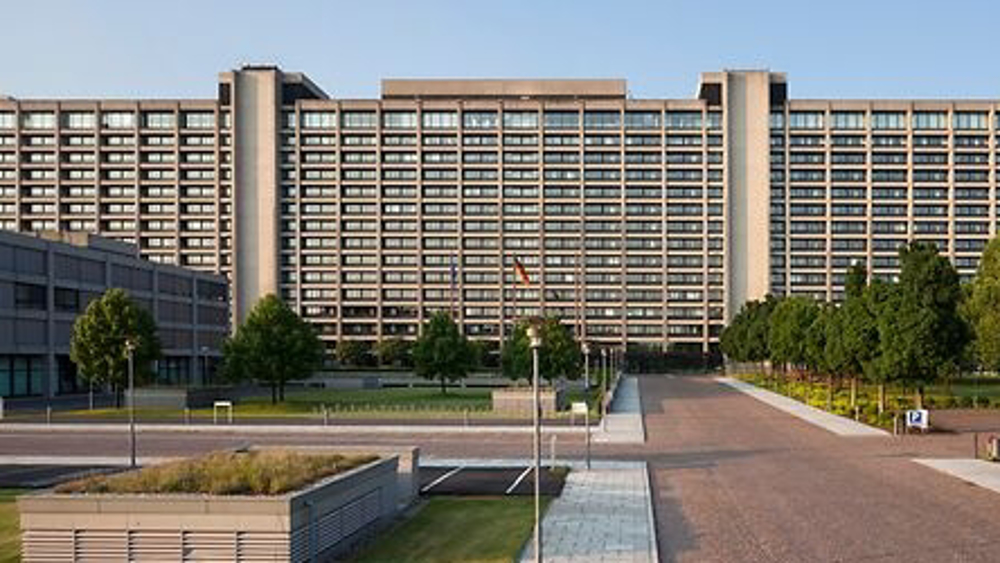




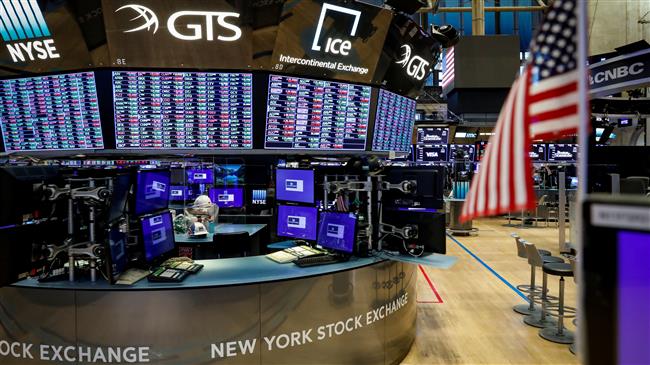
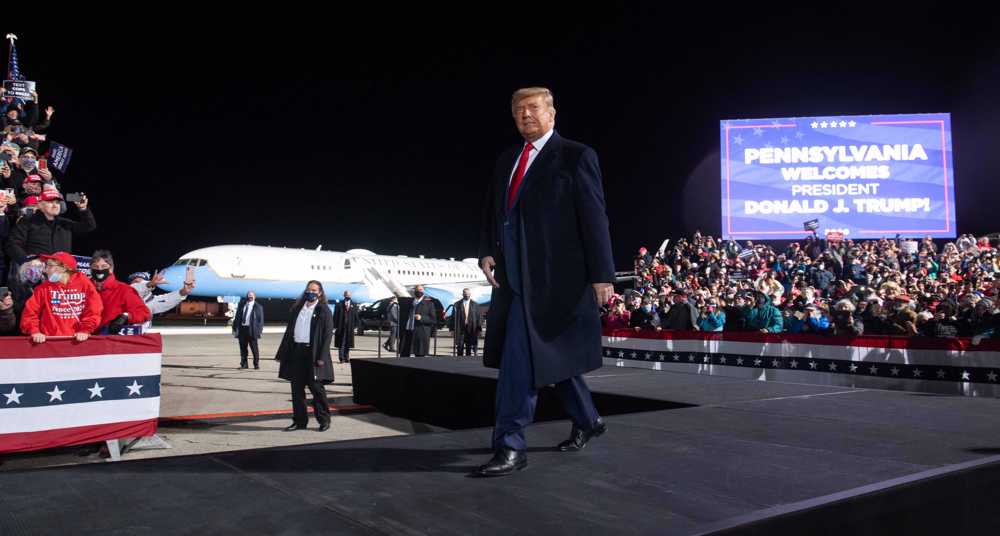
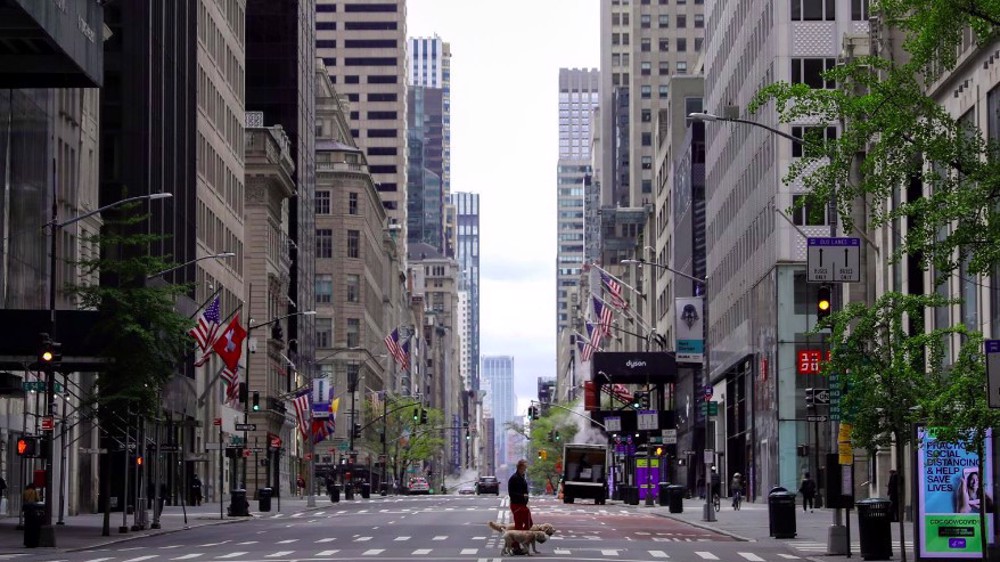

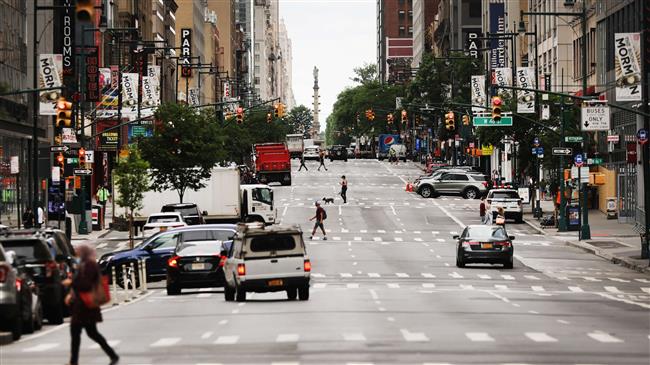

 This makes it easy to access the Press TV website
This makes it easy to access the Press TV website